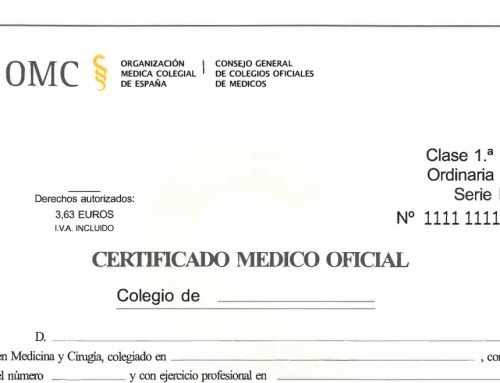The calculation of deadlines in immigration procedures will be the same as that applied in any other type of administrative procedure, therefore, the rules established in this regard by Law 39/2015, of October 1, on Procedure, will apply. Common Administrative System of Public Administrations.
Article 30 of Law 39/2015 classifies the calculations based on the type of period indicated.
Hourly deadlines
When deadlines are indicated by hours, it is understood that these are business hours. All hours of the day that are part of a business day are business hours.
In immigration procedures it is not usual to set deadlines by hours, except in expulsion sanctioning procedures.
Deadlines per day
Provided that by Law or in the Law of the European Union no other calculation is expressed, when the deadlines are indicated by days, it is understood that these are business days, excluding Saturdays, Sundays and declared holidays from the calculation.
When the deadlines have been set in calendar days as declared by law or by European Union Law, this circumstance will be stated in the corresponding notifications.
The deadlines expressed in days will be counted from the day following the day on which the notification or publication of the act in question takes place, or from the day following the day on which the estimate or rejection occurs due to administrative silence.
This period is usual when establishing the requirements for the provision of documents, fees, etc. (10 working days).
Deadlines set by months or years
If the period is set in months or years, these will be computed from the day following the day on which the notification or publication of the act in question takes place, or from the day following the day on which the estimate or rejection by administrative silence.
The period will end on the same day on which the notification, publication or administrative silence occurred in the month or year of expiration. If in the expiration month there is no day equivalent to that on which the calculation begins, it will be understood that the term expires on the last day of the month.
When the last day of the period is a non-business day, it will be understood as extended to the first business day following.
This period is the usual one when filing appeals for reconsideration or appeal in immigration procedures (period of one month).
In any of the aforementioned cases, when a day is a business day in the municipality or Autonomous Community in which the interested party resides, and a non-business day at the headquarters of the administrative body, or vice versa, it will be considered non-business day in any case.
Computation of deadlines in electronic records
The presentation of documents will be allowed every day of the year during the twenty-four hours.
For the purposes of calculating the deadline set in business days, and with regard to compliance with deadlines by the interested parties, the presentation on a non-business day will be deemed to have been made in the first hour of the first following business day unless a rule expressly allows reception on a non-business day.
The documents will be considered presented in the order of the effective time in which they were presented on the non-business day. Documents presented on the non-business day will be considered prior, in the same order, to those presented on the first subsequent business day.
The start of the calculation of the deadlines to be met by Public Administrations will be determined by the date and time of presentation in the electronic record of each Administration or Agency. In any case, the effective date and time of the start of the calculation of deadlines must be communicated to the person who presented the document.
The electronic headquarters of the registry of each Public Administration or Organization will determine, taking into account the territorial scope in which the holder of the registry exercises its powers and the calendar provided for in article 30.7, the days that will be considered non-business days. This will be the only calendar of non-business days that will be applied for the purposes of calculating deadlines in electronic records.
Extension of the deadline
The Administration, unless otherwise provided, may grant ex officio or at the request of the interested parties, an extension of the established deadlines, not exceeding half of them, if the circumstances so advise and third party rights are not prejudiced. The extension agreement must be notified to the interested parties.
Both the request of the interested parties and the decision on the extension must occur, in any case, before the expiration of the period in question. In no case may a deadline that has already expired be subject to extension. Agreements on extension of deadlines or on their denial will not be subject to appeal, without prejudice to the appeal against the resolution that ends the procedure.
In the presentation before electronic records, when a technical incident has made the ordinary operation of the corresponding system or application impossible, and until the problem is solved, the Administration may determine an extension of the unexpired deadlines, and must publish in the electronic headquarters both the technical incident that occurred such as the specific extension of the unexpired term.






